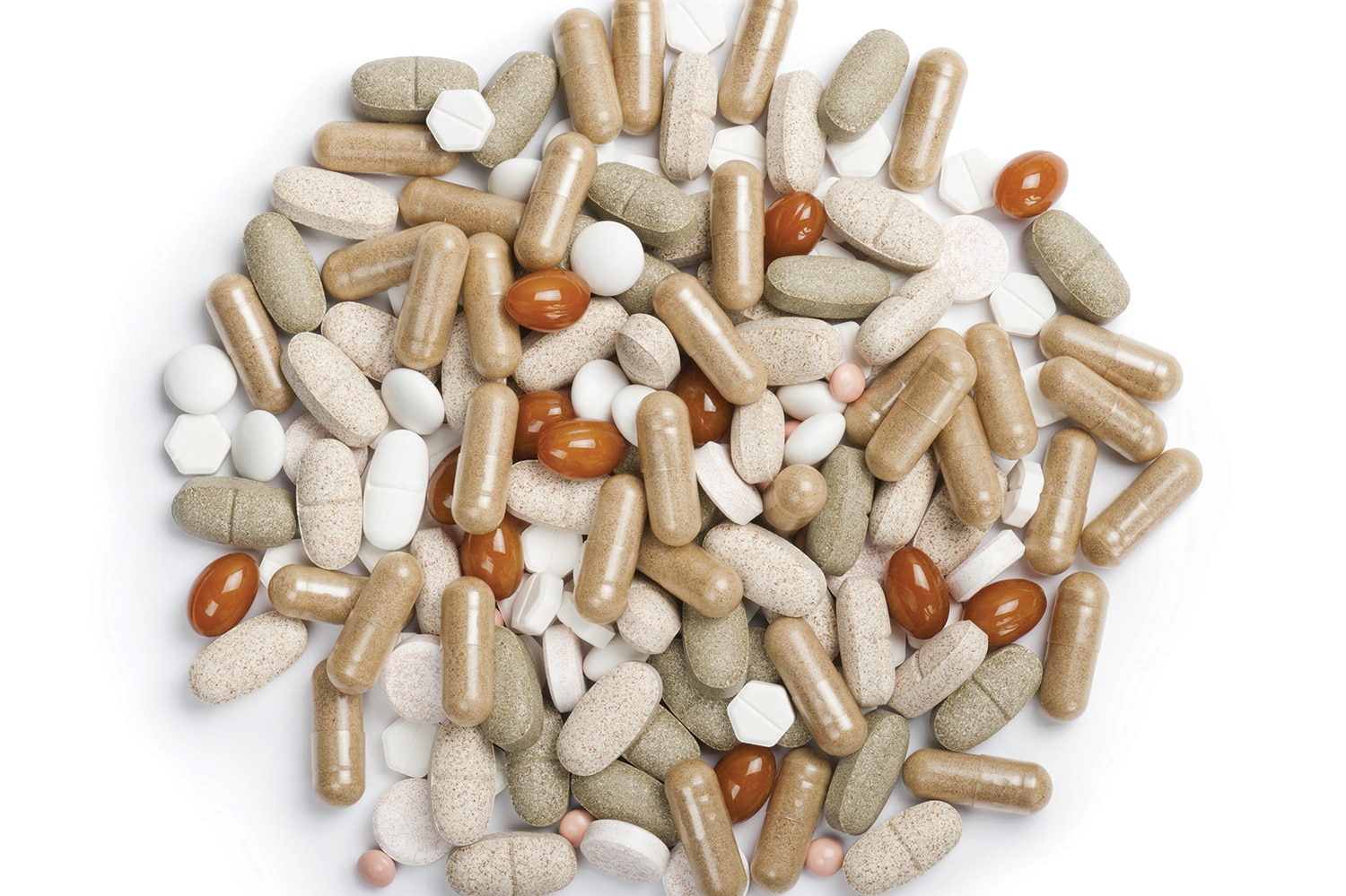Many cancer patients turn to herbal remedies in an attempt to seek relief from nausea or other side effects caused by cancer or a cancer treatment. But a recent study found that people purchasing these supplements might not always get what they pay for.
The study, published in the Oct. 11, 2013, BMC Medicine, used a procedure called DNA barcoding to compare the DNA of the contents of 44 herbal products from 12 companies with the ingredients listed as being in each product. It found that 26 of the products contained ingredients not listed on the label while 14 didn’t include the primary plant ingredient at all. In addition, many of the products contained unlisted fillers like rice or wheat.
Consumers need to be aware that many supplements have inaccurate labels, says Steven Newmaster, a molecular botanist at the University of Guelph in Ontario, who led the study. A handful of other studies in the past three years have found high levels of ingredient substitution in herbal products. The new study is the most comprehensive to date. Together, products tested in these studies make up less than 1 percent of all herbal products in North America.
The U.S. Food and Drug Administration (FDA) does not consider herbal products to be medicines and companies are not required to test them for safety or authenticity before they hit the shelves. Daniel Fabricant, the director of the FDA’s Division of Dietary Supplement Programs, says supplement manufacturers are legally obligated to meet some FDA quality standards, including accurately labeling the products. But the FDA is able to inspect facilities only sporadically, which means consumers are largely at the mercy of a company’s honesty.
“Inspections give us a chance to look at how the products are made,” Fabricant says, “and we look ” … to see if the products have what they claim on the label.” But the FDA has limited resources for inspections, he says, and is thus unable to catch every company that mislabels products.
Newmaster says he and his colleagues have begun working with government officials in North America, Europe and Asia to explore whether the DNA barcoding method used in their study might enable regulators to quickly test large numbers of herbal products for authenticity.
Previous studies have shown that some herbal compounds can inhibit or interfere with cancer treatments. These recent findings, Newmaster says, suggest that even if a patient is taking a product that is believed to be safe, the ingredients inside the bottle might not be.
Cancer Today magazine is free to cancer patients, survivors and caregivers who live in the U.S. Subscribe here to receive four issues per year.





